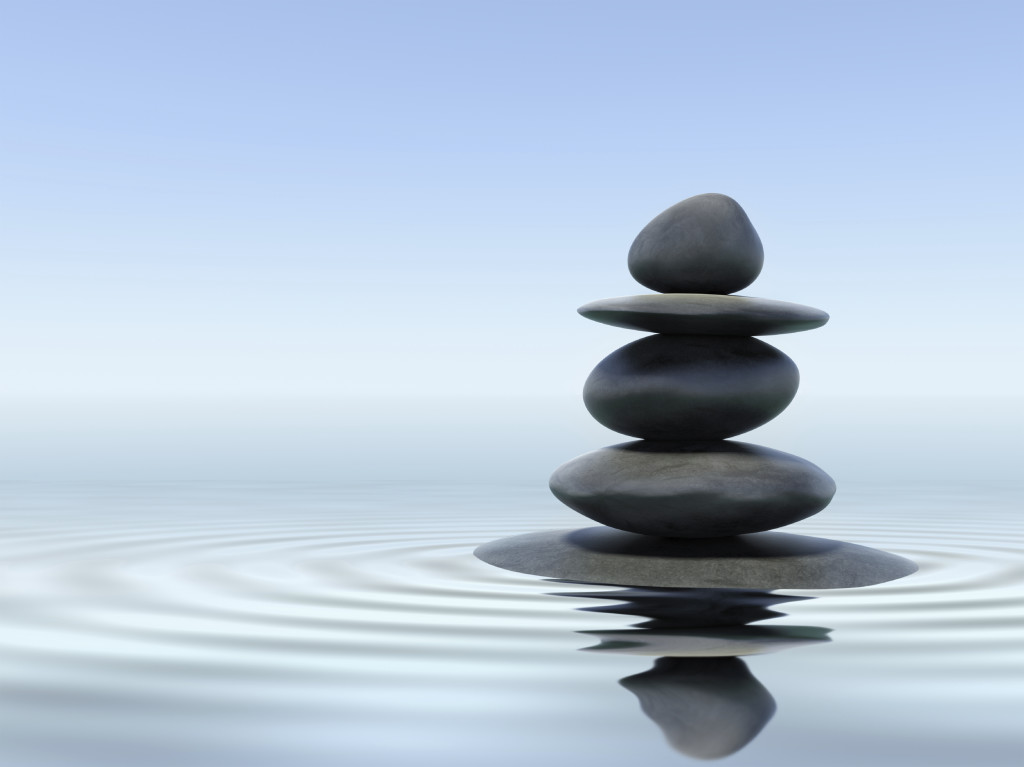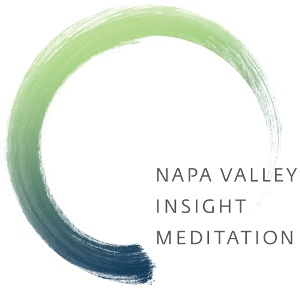
According to the Buddhist tradition, we can’t experience the really profound, transformative effects of meditation if our practice isn’t grounded in an ethical or moral ground. Without such a ground, meditation is little more than a kind of mental exercise. We may experience a bit more peace, a bit more stability, but true contentment, true joy, true confidence will elude us.
I have seen this often in my own life. I try to meditate 30 – 40 minutes every morning, which almost always helps brings a real sense of peace, spaciousness and awareness to my life. But if I get up and leave my practice on the cushion, tuning into my worries, fears and cravings for things to be different, it is like I never sat at all. Ten years of practice and numerous residential retreats vanish into thin air and I am consumed with my own small minded suffering.
Remembering to practice generosity during the day, even the smallest acts of kindness, helps me to readily reconnect to my practice – opening up my heart and dropping some of my “self-centered” stories. I believe the inherent joy we humans find in connecting with our innate generous heart is why generosity is the primary foundation of all Buddhist practice, and it is the first teaching the Buddha gave to new students.
Generosity in Buddhism is traditionally divided into three different types. The first is the most familiar to those of us in the west. It involves giving material assistance, like food or money, to those in need. This form of generosity can also extend beyond material assistance to include giving emotional sustenance. Sometimes this means offering comfort or encouragement to someone who’s having a difficult day, a difficult week, a difficult month, …, a difficult life.
The second type of generosity involves helping and protecting those whose lives are threatened in some way. There are many individuals who engage in this kind of activity, offering assistance to elderly people and the sick, working at shelters that protect women who have been abused, teaching children from poorer neighborhoods in after school programs, volunteering to work with prisoners to help them reenter society, etc. This form of generosity is an expression of an inner attitude of compassion. As the Dalai Lama says, when one desires to alleviate the suffering of others and to promote their well-being, then generosity – in action, word, and thought – is this desire put into practice. It is important to recognize that this type of generosity refers not just to giving in a material sense, but to generosity of the heart.
The final aspect of generosity involves offering understanding, compassion and friendship to others we meet in our daily lives. A smile, an acknowledgement, a listening ear. So simple yet, if we all did this practice on a regular basis it would have the power to stop wars and change the world. Generosity practice challenges us to kick our practice to a higher level without bringing in judgment. It is not about comparing our efforts with others, but looking into our hearts and seeing how we can stretch ourselves, given our unique life circumstances, to help cultivate greater joy in the world.
I invite you to take some time this week to consider how you might start to expand your generosity practice. You might find the following questions, offered by Tsoknyi Rinpoche, a good place to start your inquiry:
- How often and how far can you go out of our way each day to be kind to others?
- How does practicing generosity affect your own sense of well-being?
- How does it affect the environments in which you live?
- How does it influence your meditation practice?
As we become more mindful of our generous nature, our capacity for generosity begins to occupy a central place in our lives. As our capacity for generosity grows, so too, does our capacity for love and happiness. With practice, we may find that we feel more inclined to contribute to the greater good than our own self-betterment. This inclination is the seeds of Sangha and at the root of the beloved community.
